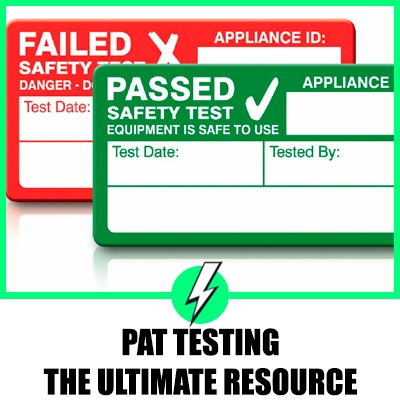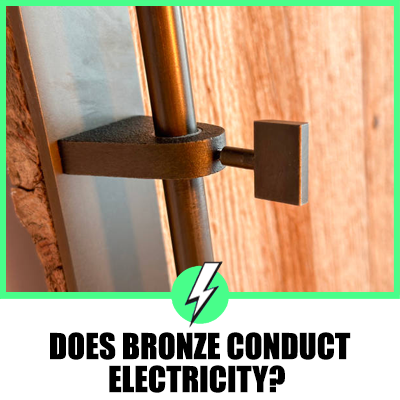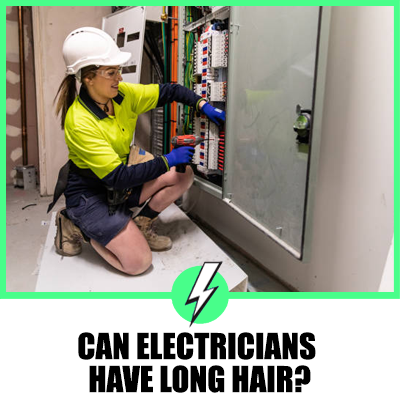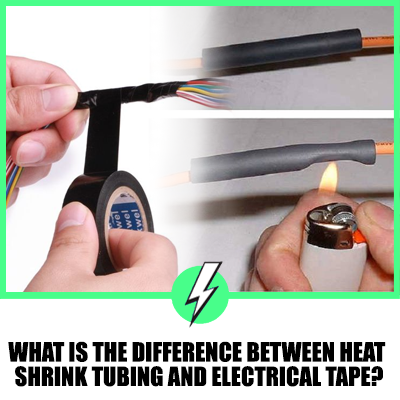Do I Need An Electrician To Change A Light Fixture?
Are you tempted to have a go at some electrical DIY? What are some of the pitfalls of electrical DIY?
Yes, you need an electrician. The UK is tightly regulated for electrical installations, and you should always use a competent electrician when working on light fixtures in your house. Those three wires could burn your hose down and find yourself with void insurance!
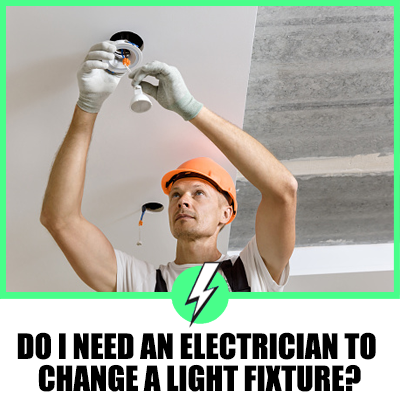
Contents
Why do I need an electrician to change a light fixture?
Because he trained for 4 years at college and on-site, he has years of experience and can recognise potential hazards that an untrained eye would miss.
Changing a light fixture is easy. Just 3 wires need to be replaced in the new fixture, what could go wrong?
Well, not all light fixtures have simple 3 wires. Some have 9 for switching, and it can be complicated to figure out what wire goes where to make the light switches work as they were designed to.
If anything goes wrong, having 240 volts surging through your body will certainly gain your attention if it doesn’t kill you where you stand.
Do I need an electrician to change a light switch?
It very much depends on where the light switch is. Certain electrical jobs in your home are reportable under part P to the council.
Even if you have an electrician change the switch, if he is not qualified or accredited to sign off the work and issue a certificate of compliance with part b building regulations, you will need a second electrician to sign the work off.
Your household electrical system complies with building regulations. If you do the work yourself, you could fall outside the regulations.
If you have some electrical skills, you can attempt to wire your light switch, but you should check first if it needs to be certified.
Is it legal for a layman to change a light fitting?
It could be, and here is why. When working in domestic properties, qualified electricians are well aware of part P requirements.
Certain jobs on your electrical system are notifiable to your local council and can be subject to inspection at a later date. Do you know what is notifiable?
If you take the time to read the instructions on the new fitting, it states a qualified person must fit it to BS7671.
It can be done by a person who has some decent practical skills and the correct tools, but to be honest, it’s a hassle, and for the sake of a few pounds extra, the homeowner can have peace of mind that the job has been done correctly.
Can a handyman change a light fixture in the UK?
If you engage a handyperson to undertake work, only allow the handyman to work on minor upgrades on your electrical system, such as changing a facia plate or swapping bulbs for you.
If your handyman can produce a JIB card or is an approved contractor with NICEIC, he can do whatever you ask him to with your home electrics.
There are consequences for the homeowner. If you engage a person to do a job you know he is not qualified to do, you are culpable and could find yourself in deep water in the worst situation.
Are you allowed to change your own light fittings?
Yes, you can do it if you are confident and the job is simple. However, be aware of pert P. Some electrical jobs around your home are notifiable to the council and can be subject to inspection.
If you undertake a notifiable job yourself and your house burns down, or someone is injured, you could be in deep water. It’s best to call an electrician if you are unsure.
Can I self certify electrical work?
No, the only person who can certify electrical work is an electrician registered as a competent person under part P building regulations.
Does all electrical work have to be certified?
All electrical work in your home is covered under building regulations. Only notifiable work needs to be certified. After the work is complete, you will be issued a certificate to say the work complies with the required industry standards.
Do I have to have an electrical certificate to sell my house?
Surprisingly and even shockingly no, you do not need an electrical certificate to sell your house. Sellers are not required to certify that the electrical system is safe, otherwise known as an EICR.
However, to enhance the sales prospect of your home, you can employ a suitably qualified electrician to produce an EICR for you to give your prospective buyers peace of mind.
How long does a Certificate of Compliance last?
The EICR will last for two years from the date of issue and will need to be tested again should you wish to have another EICR issued.
Who needs an EICR?
Businesses mainly need the EICR to comply with the law. The EICR checks the electrical system’s integrity and will indicate areas where preventive maintenance is needed.
Do you always need an electrician to work on fittings in your home?
No, but the truth is it’s best to pay an electrician and be safe in the knowledge that the work that has been carried out is in line with current standards and best practices.
Why do you need an electrician to do simple jobs?
You may be a great and experienced DIY enthusiast and feel you can tackle any electrical job in your home, and you are fully allowed to continue and work on your electrical system as much as you wish.
Usually, if you make a mistake with electricity, you will find it unforgiving, and the consequences can be catastrophic.
By using a qualified, certified electrician, he can fix your electrical problems without you breaking a sweat, and you have the surety that the work is completed by a professional.
